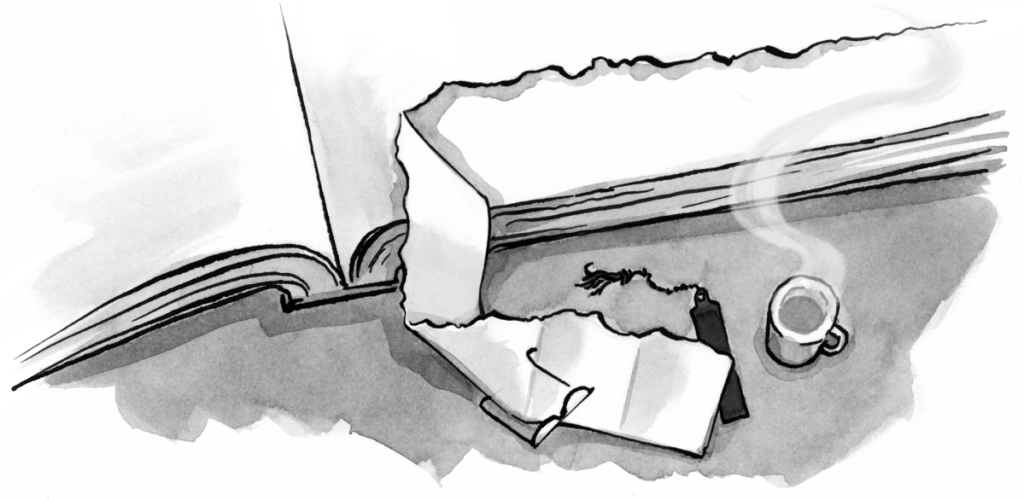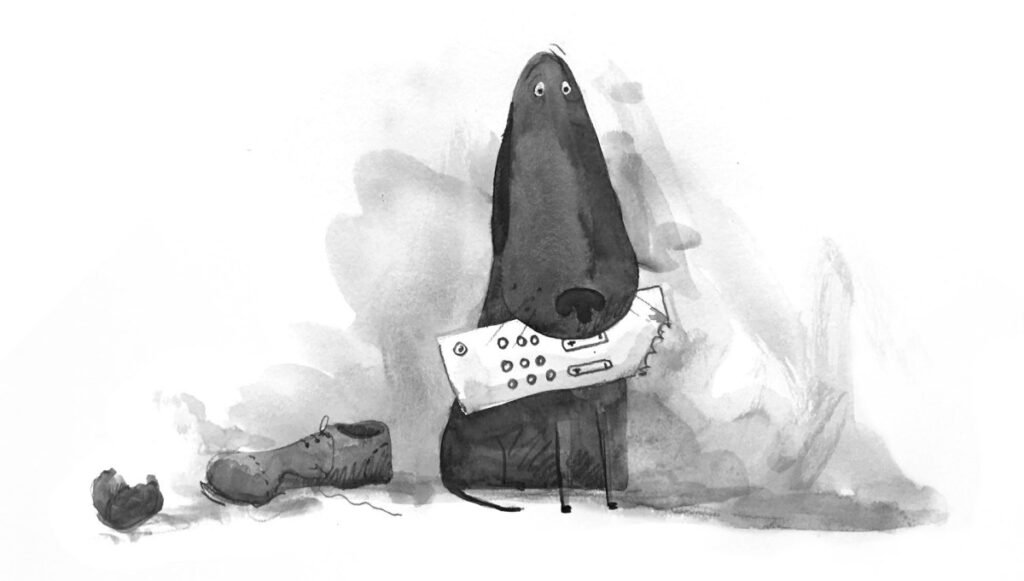I’m old enough to remember when laptops entered the workforce. It was an amazing thing. At first only the select few could be seen walking around with their giant black IBMs and silver Dells. It took a few years, but eventually every new job came with the question we all loved to hear: “desktop or laptop?”
Article Continues Below
I was so happy when I got my first laptop at work. “Man,” I thought, “now I can work anywhere, any time!” It was fun for a while, until I realized that now I could work anywhere, any time. Slowly our office started to reflect this newfound freedom. Work looked less and less like work, and more and more like home. Home offices became a big thing, and it’s now almost impossible to distinguish between home offices of famous designers and the workspaces (I don’t think we even call them “offices” any more) of most startups.
Work and life: does it blend?#section2
There is a blending of work and life that woos us with its promise of barbecues at work and daytime team celebrations at movie theaters, but we’re paying for it in another way: a complete eradication of the line between home life and work life. “Love what you do,” we say. “Get a job you don’t want to take a vacation from,” we say—and we sit back and watch the retweets stream in.
I don’t like it.
I don’t like it for two reasons.
It makes us worse at our jobs#section3
There’s plenty of research that shows when employers place strict limits on messaging, employees are happier and enjoy their work more. And productivity isn’t affected negatively at all. Clive Thompson’s article about this for Mother Jones is a great overview of what we know about the handful of experiments that have been done to research the effects of messaging limits.
But that’s not even the whole story. It’s not just that constantly thinking about work makes us more stressed, it’s also that our fear of doing nothing—of not being productive every second of the day—is hurting us as well (we’ll talk about side projects another time). There’s plenty of research about this as well, but let’s stick with Jessica Stillman’s Bored at Work? Good. It’s a good overview of what scientists have found on the topic of giving your mind time to rest. In short, being idle tells your brain that it’s in need of something different, which stimulates creative thinking. So it’s something to be sought out and cherished—not something to be shunned.
Sometimes when things clear away and you’re not watching anything and you’re in your car and you start going, oh no, here it comes, that I’m alone, and it starts to visit on you, just this sadness. And that’s why we text and drive. People are willing to risk taking a life and ruining their own because they don’t want to be alone for a second because it’s so hard.
It teaches that boundaries are bad#section4
The second problem I have with our constant pursuit of the productivity train is that it teaches us that setting boundaries to spend time with our friends and family = laziness. I got some raised eyebrows at work recently when I declined an invitation to watch a World Cup game in a conference room. But here’s the thing. If I watch the World Cup game with a bunch of people at work today, guess what I have to do tonight? I have to work to catch up, instead of spending time with my family. And that is not ok with me.
I have a weird rule about this. Work has me—completely—between the hours of 8:30 a.m. and 6:00 p.m. It has 100 percent of my attention. But outside of those hours I consider it part of being a sane and good human to give my kids a bath, chat to my wife, read, and reflect on the day that’s past and the one that’s coming—without the pressure of having to be online all the time. I swear it makes me a better (and more productive) employee, but I can’t shake the feeling that I shouldn’t be writing this down because you’re just going to think I’m lazy.
But hey, I’m going to face my fear and just come right out and say it: I try not to work nights. There. That felt good.
It doesn’t always work out, and of course there are times when a need is pressing and I take care of it at night. I don’t have a problem with that. But I don’t sit and do email for hours every night. See, the time I spend with people is what gives my work meaning. I do what I do for them—for the people in my life, the people I know, and the people I don’t. If we never spend time away from our work, how can we understand the world and the people we make things for?
Of course, the remaking of the contemporary tech office into a mixed work-cum-leisure space is not actually meant to promote leisure. Instead, the work/leisure mixing that takes place in the office mirrors what happens across digital, social and professional spaces. Work has seeped into our leisure hours, making the two tough to distinguish.
Permission to veg out#section5
So I guess this column is my attempt to give you permission to do nothing every once in a while. Not to be lazy, or not do your job. But to take the time you need to get better at what you do, and enjoy it a lot more.
As this column evolves, I think this is what I’ll be talking about a lot. How to make the hours we have at work count more. How to think of what we do not as the tech business but the people business. How to give ourselves permission to experience the world around us and get inspiration for our work from that. How to be flâneur: wandering around with eyes wide open to inspiration.


